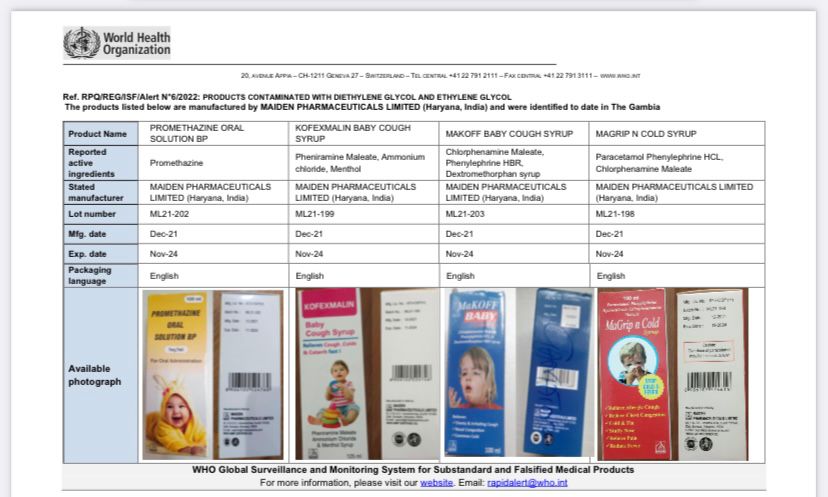The Small and Medium Enterprises Development Agency of Nigeria (SMEDAN), says businesses must embrace innovative packaging and branding to ensure their products remain relevant in the international market.
Olawale Fasanya, director-general, SMEDAN, said this on Thursday in Abuja, at the implementation of packaging and branding programme for small and medium enterprises (SMEs) products on the Africa Continental Free Trade Area (AfCFTA).
Fasanya said SMEDAN intends to push Nigeria’s export target further to $35 billion over the next five years through sustained and vigorous implementation of the packaging and branding programme for SMEs.
According to him, Nigerian businesses must wake up and begin to think and act creatively, become measured risk takers, and problem solvers.
Advertisement
“They must also pursue the highest standards attainable in production and service delivery so as to remain relevant in the international market,” he said.
Fasanya, who identified poor product quality and packaging as some of the causes of rejection and underpricing of products, emphasised that innovative packaging of products meant for international markets was necessary.
To capture the international market, he said Nigerian products must be of sound and competitive quality, affordable, well packaged and uniquely branded.
Advertisement
“One of the challenges confronting Nigerian exports is rejection and underpricing of their products in the international market,” the SMEDAN boss said.
“Some of the reasons adduced for this trend include poor product quality, poor packaging and branding, lack of information on the nature and dynamics of global market and disregard for basic requirements.
“Others are inadequate policy arrangements between Nigeria and export-destination countries and delays at the Nigerian ports leading to expiration of the product shelf life or depreciation of product value.”
Fasanya further noted that innovative packaging protects products along the value chain and provides essential information about the maker and the exporter.
Advertisement
“It is also essential for cleaner, more convenient product presentation and less susceptible to losses from theft, evaporation, spilling, spoilage and damage while innovative branding offers ease of product identification and enhances corporate image among others,” Fasanya added.
The director-general further highlighted high export trade as a catalyst for sustainable economic development, adding that through export trade Nigeria earns vital foreign exchange, increases her revenue base, foreign reserve and avoids trade deficit.
“The Observatory of Economic Complexity (OEC) once ranked Nigeria as the 49th largest export economy in the world, having exported goods worth $47.8 billion and imported goods worth $39.5 billion,” he said.
“Nigeria’s non-oil export is projected to hit $25 billion by 2025, from $2.7 billion in 2022, according to the Nigerian Export Promotion Council (NEPC),” he said.
Advertisement
Fasanya added that the programme would increase the number of SMEs that would meet AfCFTA standards as well as enhance cluster development and improve common processing facilities and value addition.
Advertisement
Add a comment






